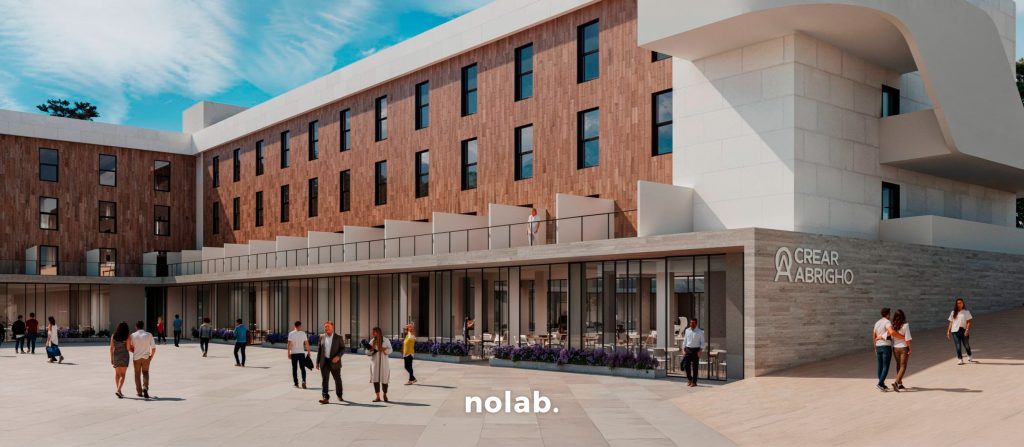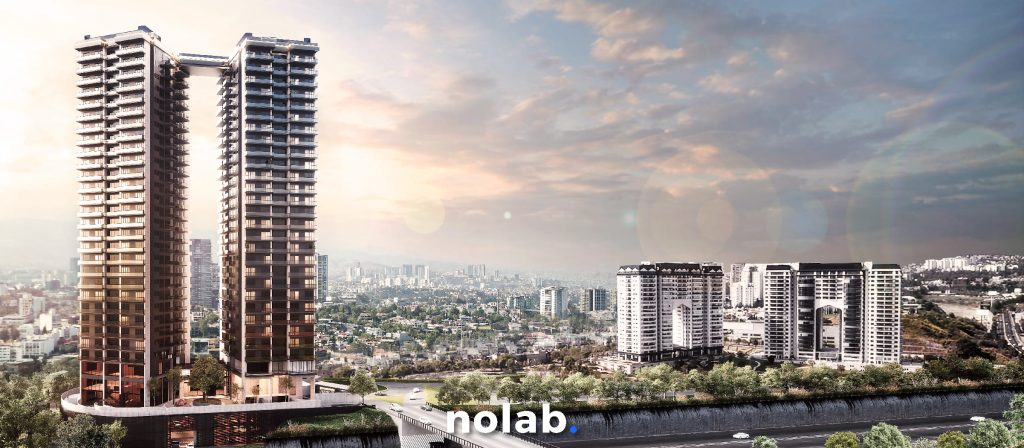The year 2024 marks a turning point in Mexico’s politics and economy with the arrival of a new government. The presidential elections, along with the new leadership in the country’s ministries, not only redefine the political map, but also generate expectations about the future of various economic sectors. In this scenario, definitely one of the sectors that may be most impacted is real estate, both residential, commercial and industrial, both in private operations and foreign investment. Below we analyze the main factors that will have an impact on the Mexican real estate market after the government transition, the opportunities that are foreseen and the challenges facing its growth.
Political uncertainty and its impact on real estate investments
It is considered normal that one of the main immediate effects of a change of government in Mexico is political uncertainty, which naturally generates a cautious reaction from investors. During the electoral process and in the first months of the incoming administration, investors tend to delay important decisions while waiting for greater clarity in economic policies. This can have a negative impact on the real estate market:
- Slowdown in home purchases: Many buyers prefer to postpone their purchase decisions due to the lack of political certainty. This may lead to a slight slowdown in the residential sector in the short term.
- Caution in foreign investments: International investors tend to closely monitor changes in the new government’s economic and fiscal policy before making significant moves in the real estate sector.
President-elect Claudia Sheinbaum’s stance has not yet reassured foreign investors, however, we have seen similar behavior in the past with Lopez Obrador and eventually operations became regularized. However, if the new government manages to convey confidence, this will translate into a rapid recovery, especially in the high-value and high-growth areas in northern Mexico.
According to one of the most recent articles published by El Universal, it details the National Housing Plan, where it is understood that the first priority will be to support the most vulnerable sector of the population in housing matters.
This is why President Claudia Sheinbaum has stated that one of her main commitments will be to address the housing crisis. Among her 100 commitments, she highlights the need to offer accessible and sustainable housing solutions, especially for the most vulnerable sectors of the population. This social focus could generate a rebalancing of the real estate market, directing resources towards affordable and social housing projects, but it also presents challenges in the face of growing demand in the luxury and middle-income residential sector.
Economic and fiscal policies: key to investor confidence
The direction of the new government’s economic policies will be crucial for the development of the real estate market. If the incoming administration implements policies that promote investment and offer tax incentives for the purchase of real estate, it is likely to see an increase in demand and a stabilization of prices. On the other hand, decisions that increase the tax burden or introduce stricter regulations could slow the growth of the sector.
- Stability and growth: A government that promotes political stability and provides incentives for investment can generate an environment of confidence that attracts both domestic and foreign investors.
- Impact of fiscal policies: Experts agree that certainty in fiscal policies will be critical to the health of the real estate market. Unforeseen changes or aggressive tax reforms could discourage buyers and developers.
Industrial development and nearshoring: growth opportunities
One of the most important trends for the Mexican real estate market is the nearshoring phenomenon. nearshoring. In the context of trade tensions between the United States and China, many companies are relocating their operations to Mexico. This process is generating strong demand for industrial and commercial space, especially in strategic areas close to the U.S. border and in key industrial centers such as Monterrey and Querétaro.
- Growth of the industrial sector: The new government can play a crucial role in promoting policies that favor industrial infrastructure, which would increase the demand for industrial buildings and commercial land.
- Infrastructure opportunities: Projects such as the Mayan Train and the Transisthmian Corridor also open up opportunities for real estate developments in areas where connectivity and infrastructure will improve significantly.
Infrastructure challenges: energy and sustainability
Real estate development in Mexico also faces structural challenges, especially in terms of energy and sustainability. The lack of adequate energy infrastructure, especially in industrial regions, may limit the growth of the sector. In addition, the pressure to comply with sustainability criteria (ESG) is increasingly relevant for foreign investors.
- Investment in green infrastructure: The new government will need to focus on improving energy and water infrastructure to support real estate growth, especially in the hottest areas and in regions where industrial demand is booming.
- Compliance with ESG criteria: Developers will need to adapt to sustainability standards if they wish to attract international capital. Projects that do not align with these criteria could become less attractive assets in the long term.
Interest Rates and Access to Mortgage Credit
Another crucial factor for the real estate market will be the behavior of interest rates and the availability of mortgage credit. The current high rates have made it difficult for many buyers to access financing, affecting market dynamics. However, if the new government implements policies that stabilize the economy and reduce interest rates, this could generate a rebound in home purchases.
- Impact on residential demand: A reduction in interest rates will boost demand for mortgage credit, which could revitalize the residential market.
- Access to financing for developers: The ease of obtaining financing will also be a key factor for developers to continue with new real estate projects.
Mexico’s real estate market is at a critical stage ahead of the 2024 government transition. Although political uncertainty may generate caution among investors in the short term, there are great opportunities for growth, especially in the industrial sector driven by nearshoring and in the residential market.
Investors and developers that manage to adapt to the new political and economic dynamics will be well positioned to take advantage of the opportunities offered by a changing market. The key will be the political and economic stability that the new government is able to convey, as well as its ability to promote the infrastructure and policies necessary for the sustained growth of the real estate sector.








